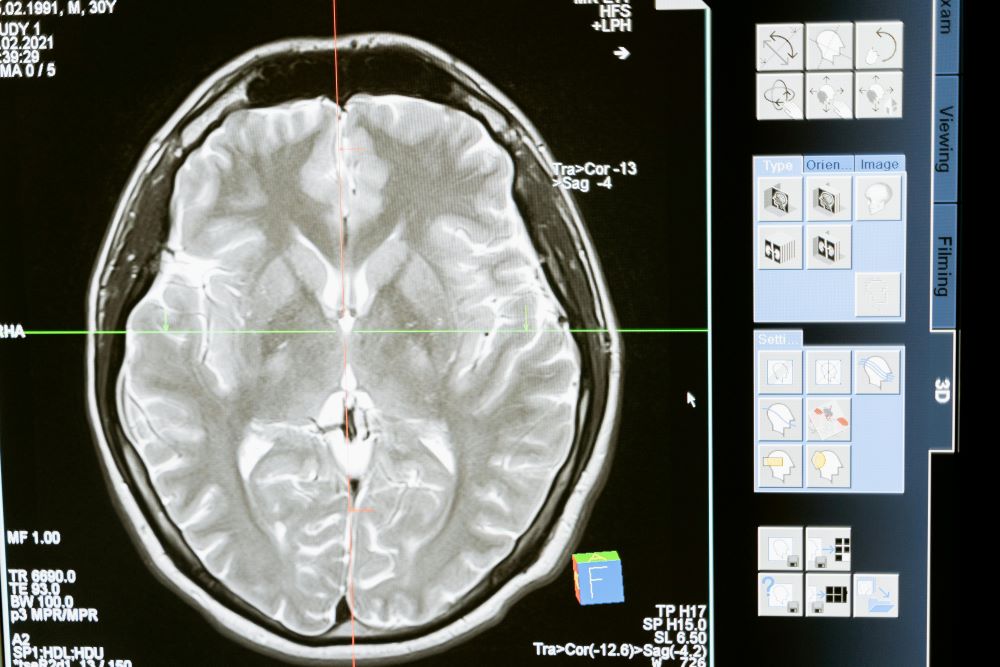Extended phase 2 study highlights macrophage cell therapy’s efficacy
Resolution Therapeutics Limited, in collaboration with the University of Edinburgh, has presented compelling clinical data at the EASL Congress 2024 in Milan, Italy, showcasing the significant potential of macrophage cell therapy for treating advanced liver cirrhosis.
The MATCH Phase 2 study, led by Dr Paul Brennan from the University of Dundee and Professor Stuart Forbes, has revealed that autologous non-engineered macrophages are safe and effective for patients with liver cirrhosis, showing a marked improvement in patient survival and transplant-free survival over thirty months post-randomisation.
Professor Forbes – a founder of Resolution Therapeutics and Professor of Transplantation and Regenerative Medicine at the University of Edinburgh – reflected: “We are greatly encouraged by the data from the MATCH Phase 2 study and this long-term follow-up study. We will continue monitoring patients with the aim of reporting further data at the AASLD meeting in November 2024.”
Resolution has also introduced a proprietary discovery platform for engineered macrophage cell therapies, spearheaded by Dr Lara Campana.
This platform enhances the differentiation protocol and automates the process to maximise manufacturing yields.
The innovation allows for multiple dosing from a single leukapheresis collection, significantly improving the manufacturing process’s efficiency and robustness.
The MATCH 2 data provide a clear clinical proof of concept for macrophage cell therapy as a durable treatment for advanced liver cirrhosis.
Resolution now holds exclusive rights to the technology and data, licensed from the University of Edinburgh and Edinburgh Innovations.
The upcoming phase 1/2 EMERALD study by Resolution will further investigate the safety and efficacy of the engineered macrophage cell therapy, RTX001, in patients with decompensated liver cirrhosis, marking a significant step forward in the quest to address this challenging medical condition.















+ There are no comments
Add yours